She Lost 50 Pounds in Just 3 Months With Mounjaro and Shares What Worked
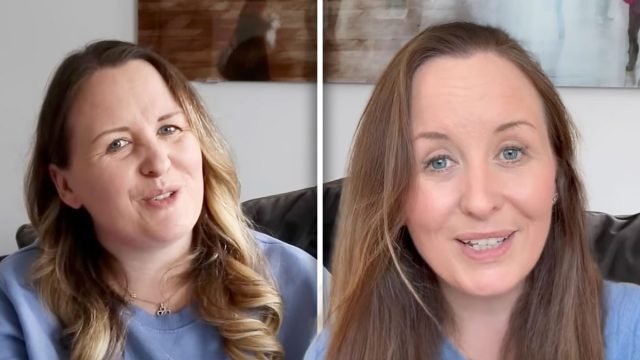
Like millions struggling with weight loss, Dr. Emma Anders tried countless diets before finding something that actually worked. Her dramatic 50-pound weight loss journey offers valuable insights for anyone fighting the battle of the bulge. Read on to discover her honest account of what really happens when a doctor becomes the patient.
My Body Finally Responds Normally to Food
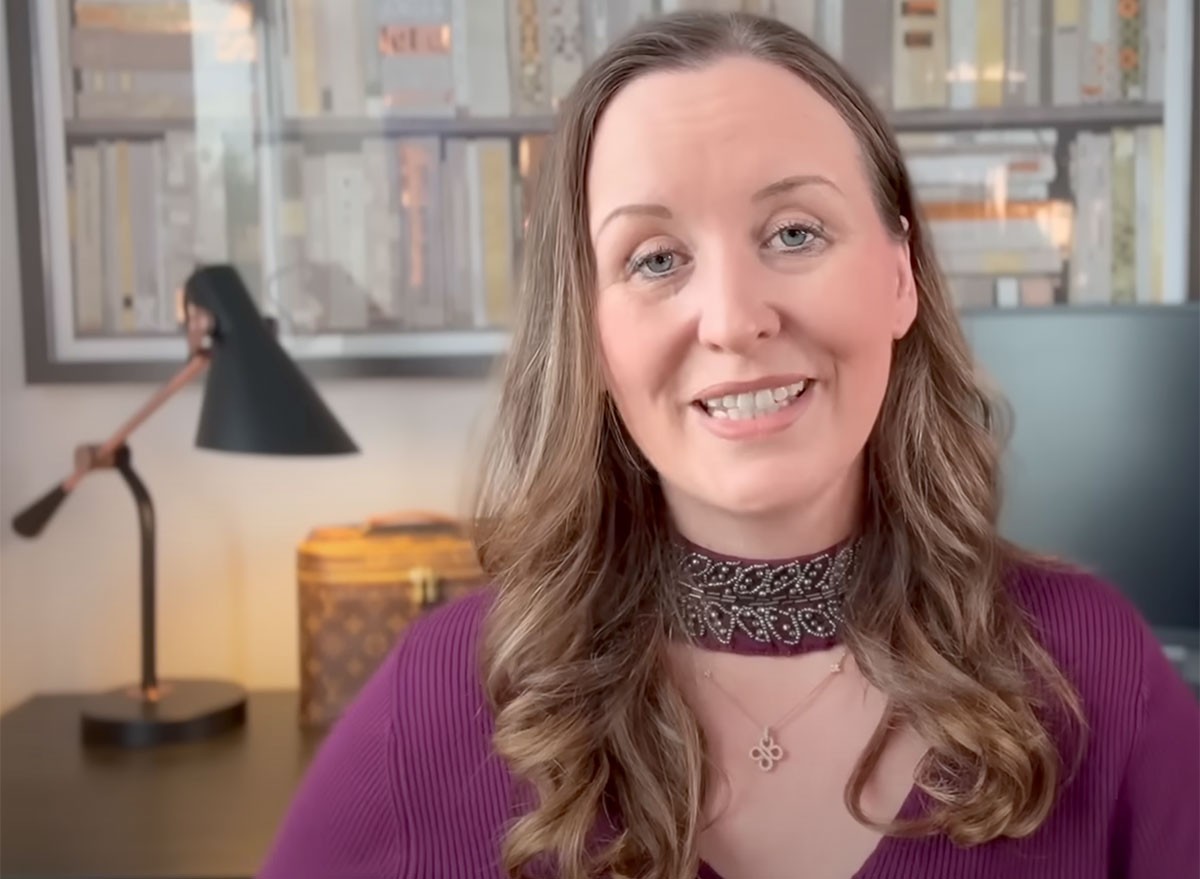
Dr. Anders noticed immediate changes after starting Mounjaro. "I definitely feel healthier just for taking it," she explains in her post. The medication allowed her to maintain a calorie deficit without feeling terrible or unable to function. Within weeks, she began experiencing proper fullness signals after eating—something that had been missing before.
RELATED: 15 Things to Know Before Requesting Ozempic for Weight Loss
You Don't Need to Count Every Calorie

Freedom from constant calorie tracking has been liberating for Dr. Anders. "I could not imagine a life more tedious than one where I have to track calories," she admits. Instead of obsessive counting, she estimates consuming between 1,000-1,500 calories daily, with some natural variation based on her body's signals. The medication helps her maintain this balance effortlessly.
Your Hunger Signals Will Change

The improvement in mind-body connection has been transformative, according to Dr. Anders. "I have a much better mind-body connection because of the Mounjaro," she shares. Before treatment, her body constantly demanded "more, more" regardless of actual need. Now she can truly hear what her body is asking for, allowing her to respond appropriately to genuine hunger.
Your Relationship With Processed Foods May Shift
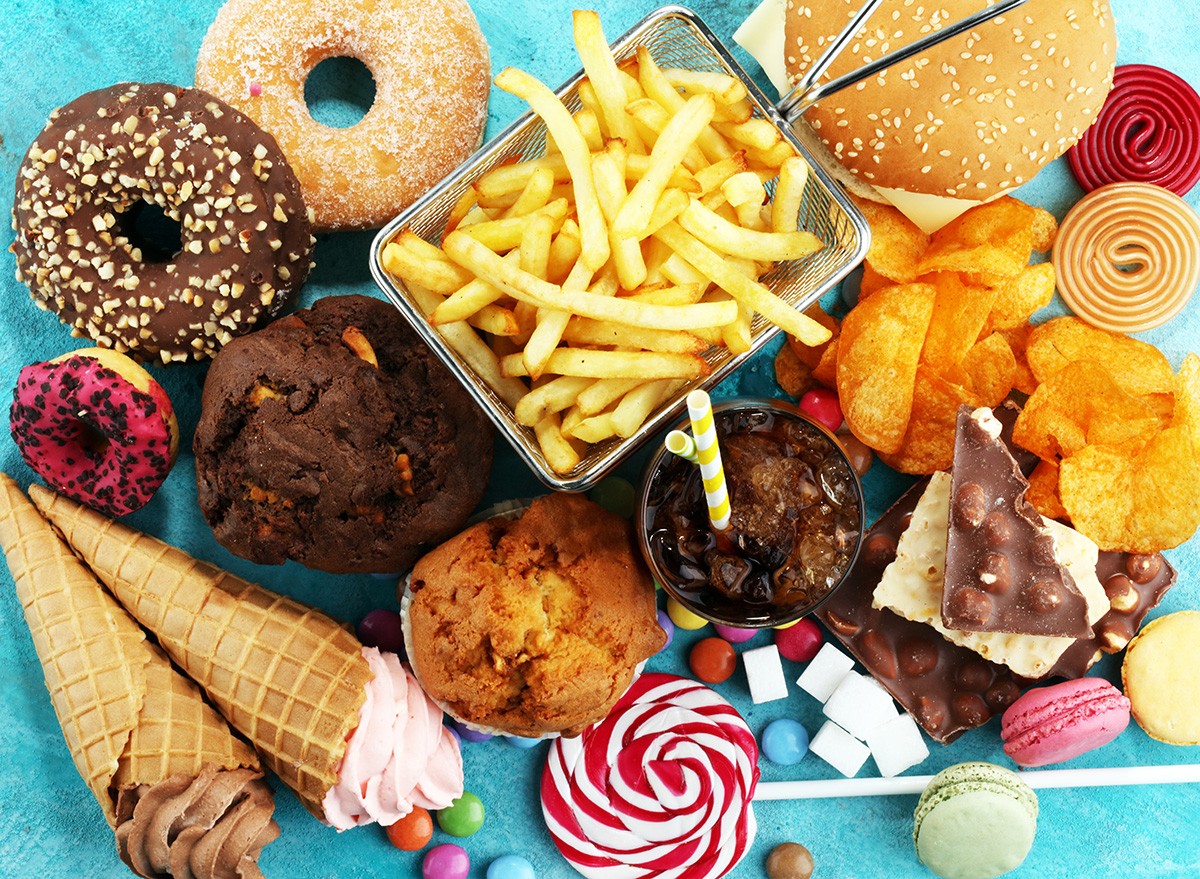
One surprising change was Dr. Anders' evolving food preferences. "I'm going more and more for whole foods and getting rid of as much ultra-processed food from my diet as I can," she reveals. Her body now responds differently to food types—processed foods provide immediate fullness but leave her hungrier the next day, while whole foods create better baseline hunger control.
RELATED: 5 Things to Know Before Taking a GLP-1 Drug, According to a Nurse Who Takes It
You Can Still Enjoy Food While Losing Weight

Unlike previous diet attempts, Dr. Anders hasn't put her life on hold while losing weight. "I've never said 'I'm on a diet now, let's not enjoy life, wait till I'm thin then we enjoy life,'" she explains. Instead, she's made sustainable changes while still enjoying occasional treats like scones with jam and cream during family trips.
Rethink Your Weight Loss Goals
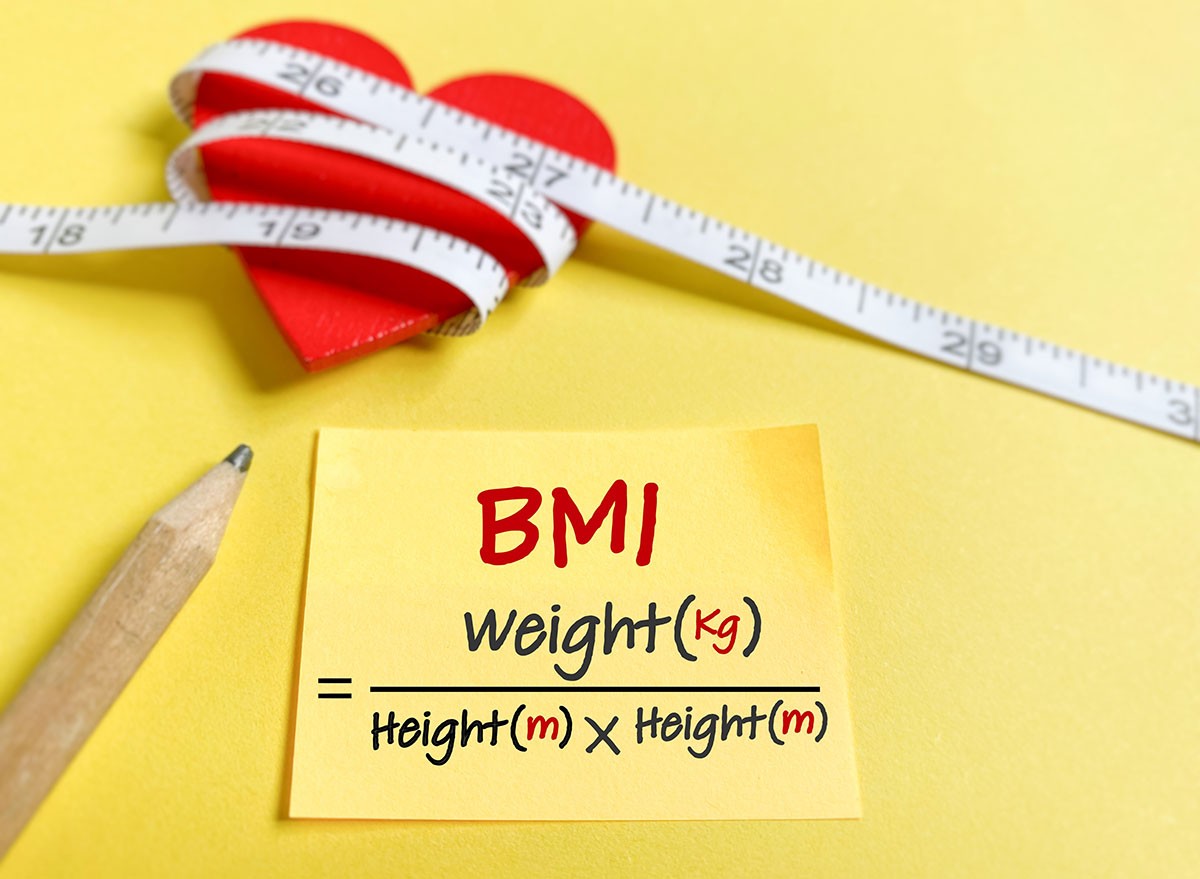
As her journey progressed, Dr. Anders' goals shifted significantly. "My goal is no longer weight related," she shares. Having reached a healthy BMI of 25 (down from 34), she now focuses on eating more whole foods, feeling her best daily, and developing a sustainable relationship with food that allows for social enjoyment—a major shift from purely numbers-based targets.
Your Clothing Size Will Change Dramatically

The physical transformation has been remarkable. "I've gone from a dress size 20 being very tight to a size 10 being quite snug," Dr. Anders notes. This nine-size drop occurred over just three months, forcing her to completely overhaul her wardrobe. Fortunately, she had kept her smaller clothes from her twenties, many still with tags attached.
Side Effects Can Be Manageable

Dr. Anders experienced just one persistent side effect on Mounjaro. "I only ever have one side effect on Mounjaro and that is going dizzy when I stand up," she explains. This postural hypotension has become more noticeable over time, requiring her to stand and count to ten before moving when getting up at night—a small price to pay for the benefits she's experienced.
RELATED: 20 Possible Ozempic Side Effects
You May Not Need to Increase Your Dose
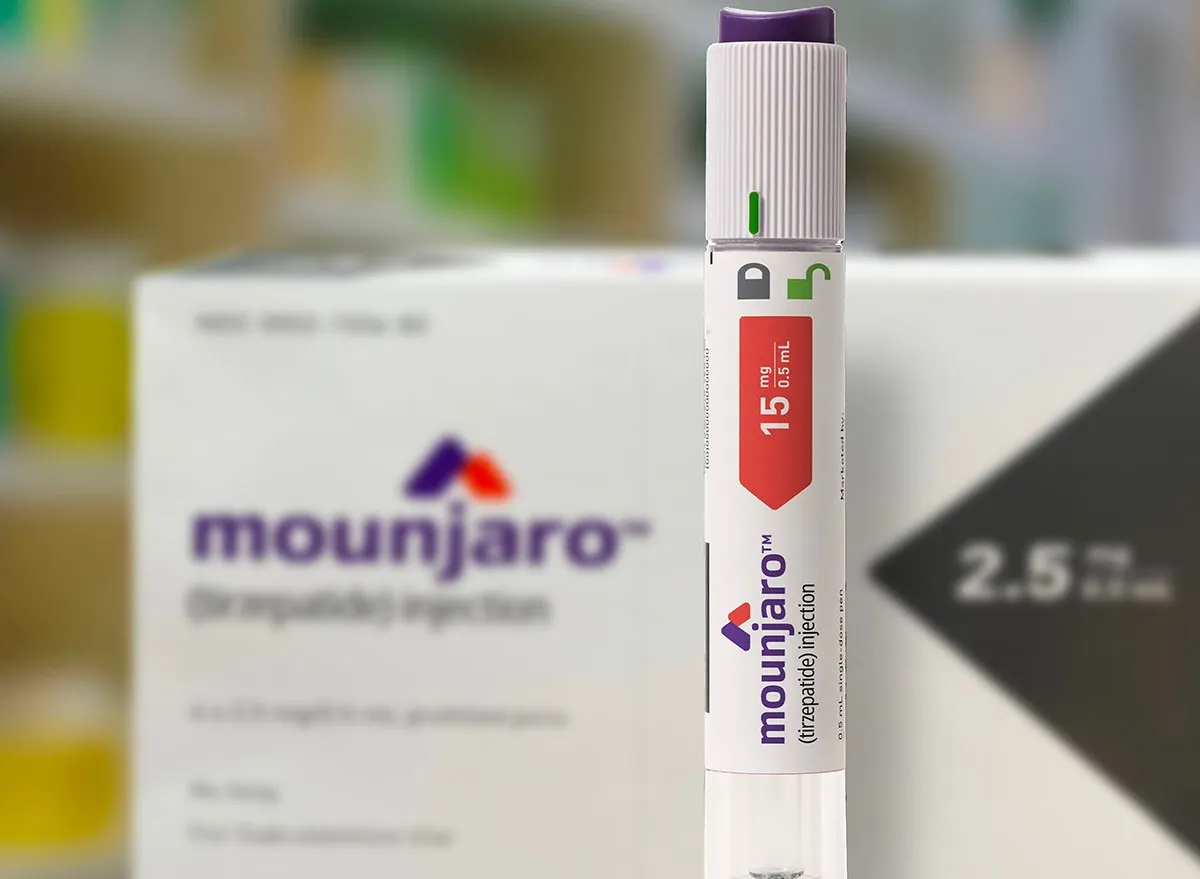
Interestingly, Dr. Anders has maintained her initial low dose throughout her journey. "I am still on 2.5 milligrams of Mounjaro. I haven't increased my dose because I am losing weight on 2.5 milligrams," she clarifies. This contradicts the common assumption that higher doses are always better—her experience suggests finding the minimum effective dose may reduce side effects while still delivering results.
Exercise Can Wait Until You're Ready

Dr. Anders initially paused her exercise routine when starting Mounjaro. "I didn't exercise for the first time in years for the first few weeks," she admits. This strategic decision helped her adapt to the medication's effects before introducing additional variables. Once adjusted, she gradually reintroduced running and weightlifting, finding it complemented her new eating patterns.
Weekly "Shock" Days Keep Your Metabolism Active
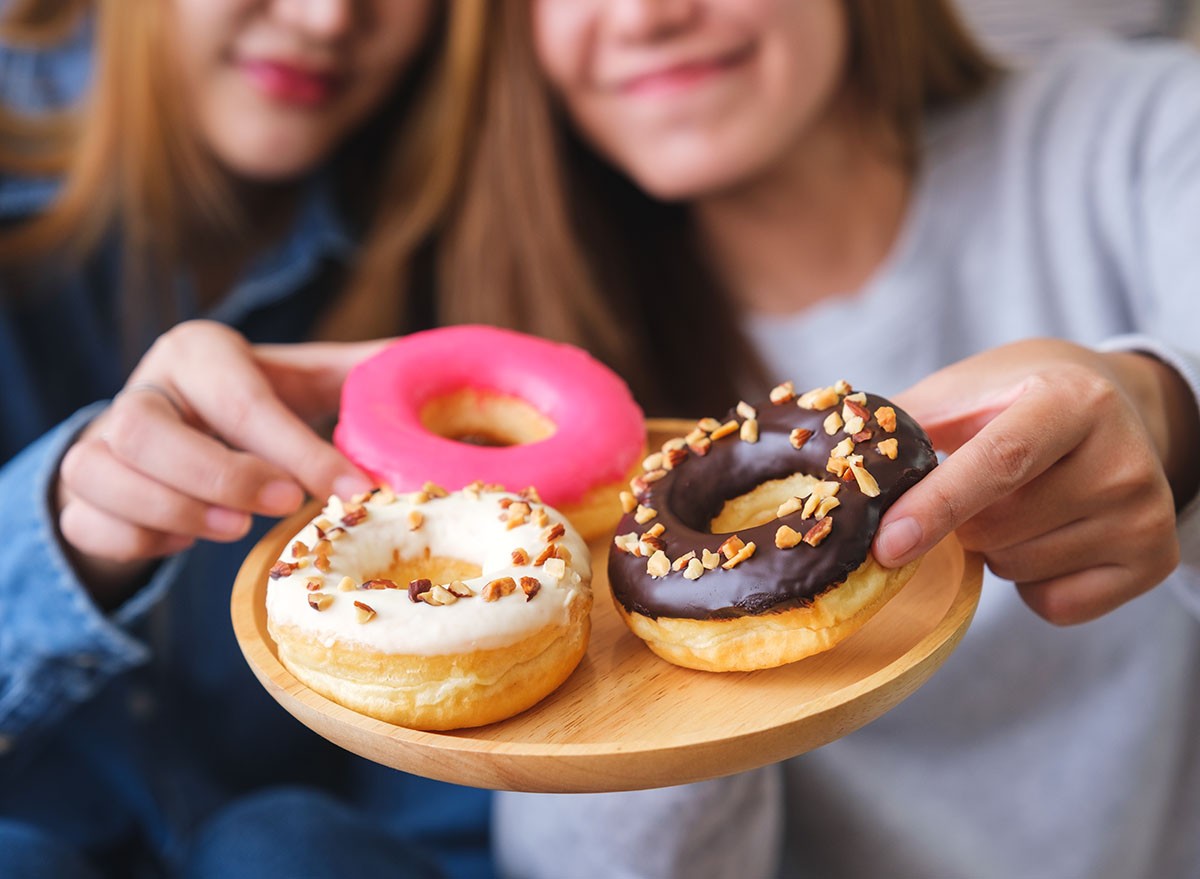
To prevent metabolic slowdown, Dr. Anders incorporates regular higher-calorie days. "If you go into a calorie deficit for any length of time, our bodies adapt by burning fewer calories," she explains. These strategic "shock" days—typically once weekly—help maintain her metabolic rate while providing psychological benefits, reminding her that "not every day needs to be a diet day."
RELATED: What Happens to Your Body When You Stop Taking Ozempic
The Ultimate Goal: Eliminating Processed Foods
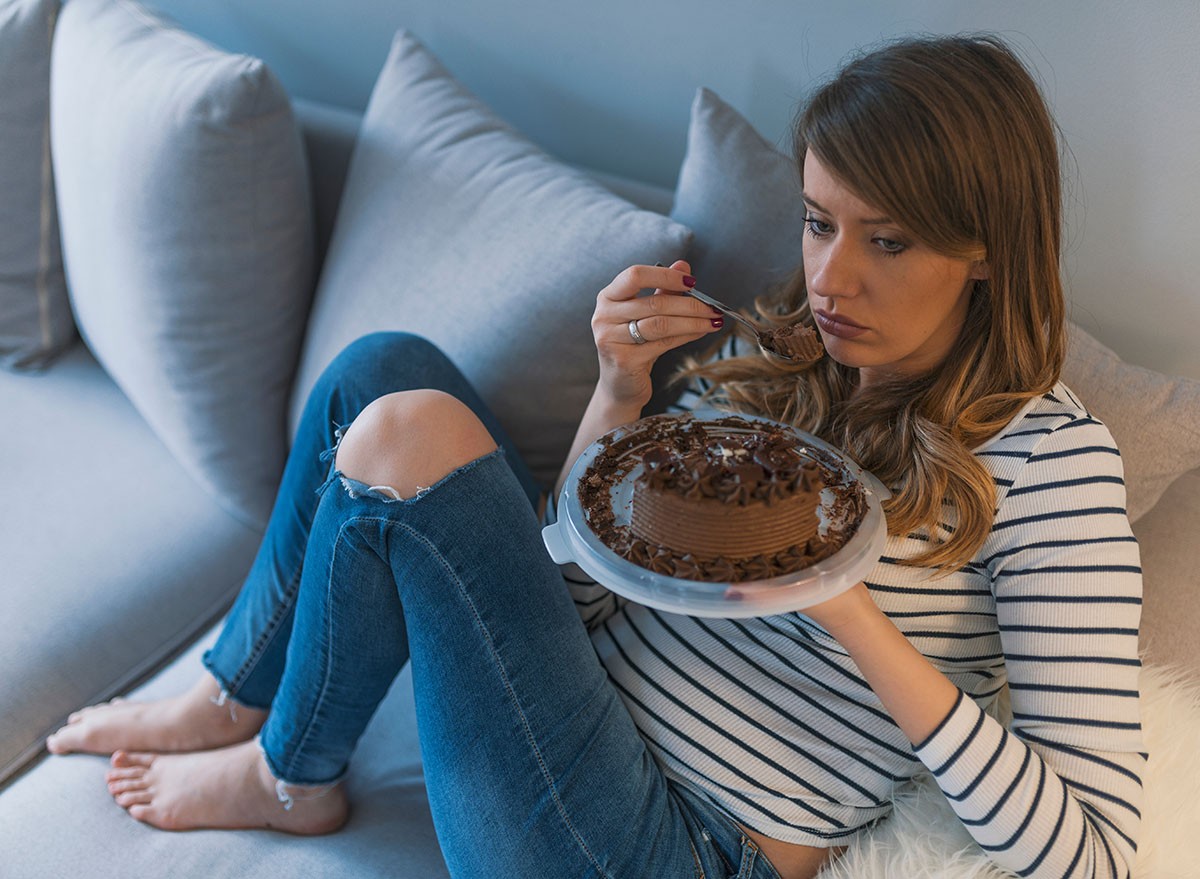
Dr. Anders' next experiment involves a month without processed foods. "For the whole of February I only want to eat unprocessed food and see what happens," she reveals. This challenge isn't about weight loss but discovering if eliminating processed foods might normalize her hunger signals completely—potentially even allowing her to maintain her results without medication long-term.Remember: Weight loss medications affect everyone differently. What worked for Dr. Anders may differ from your experience. Always consult with healthcare professionals before starting any medication or weight loss program. And if you enjoyed this article, don't miss 20 Incredible Ozempic Success Stories of All Time.




